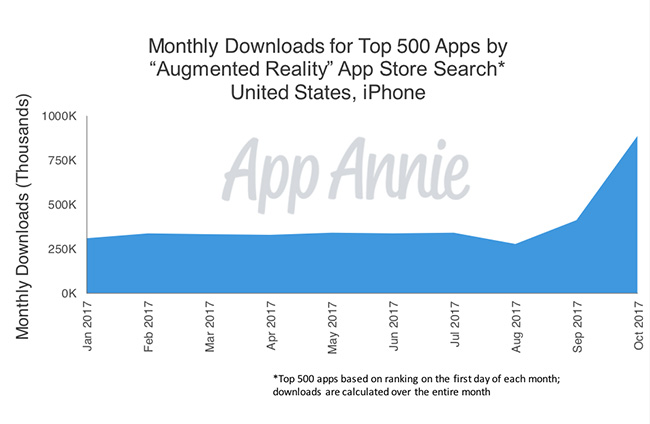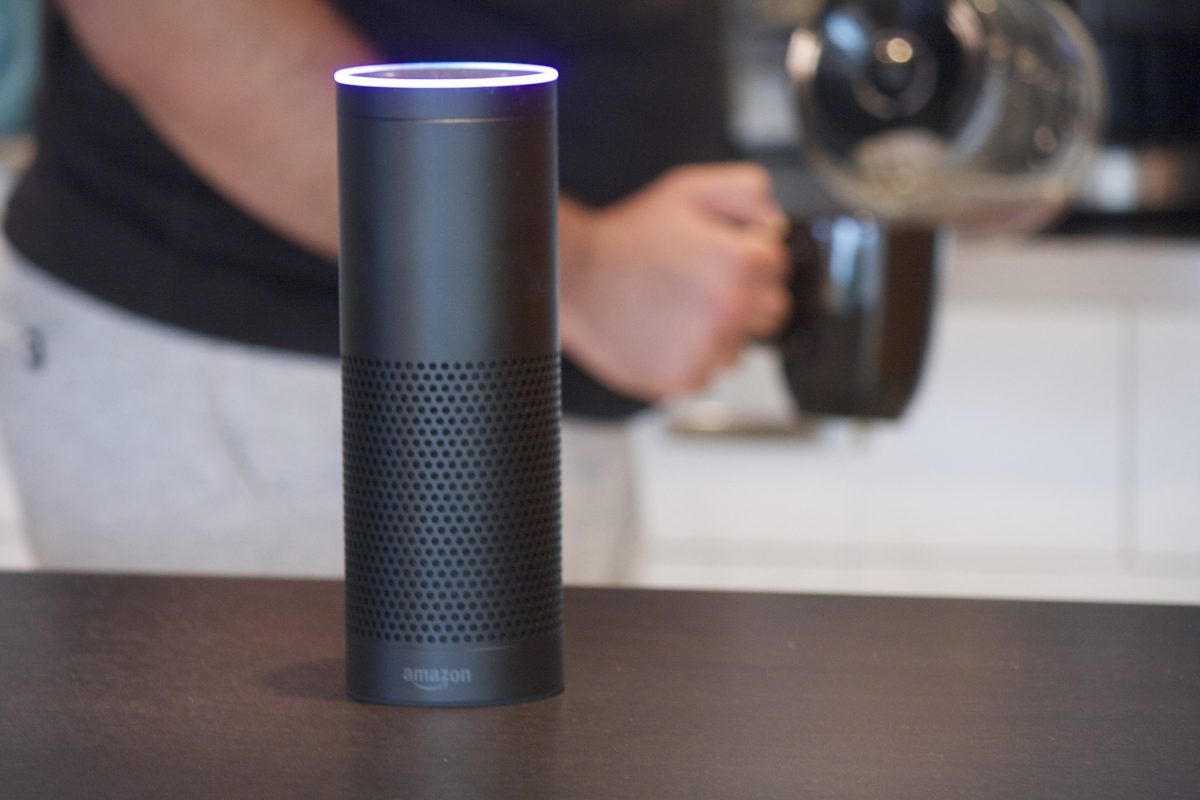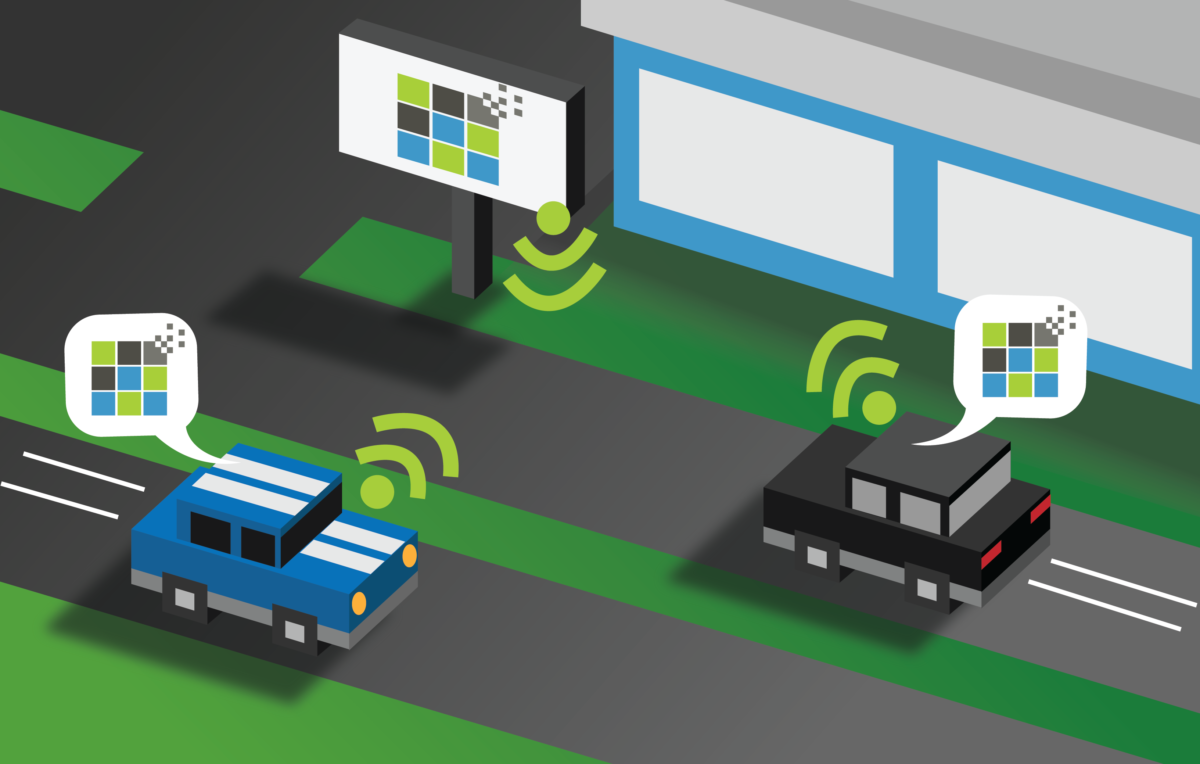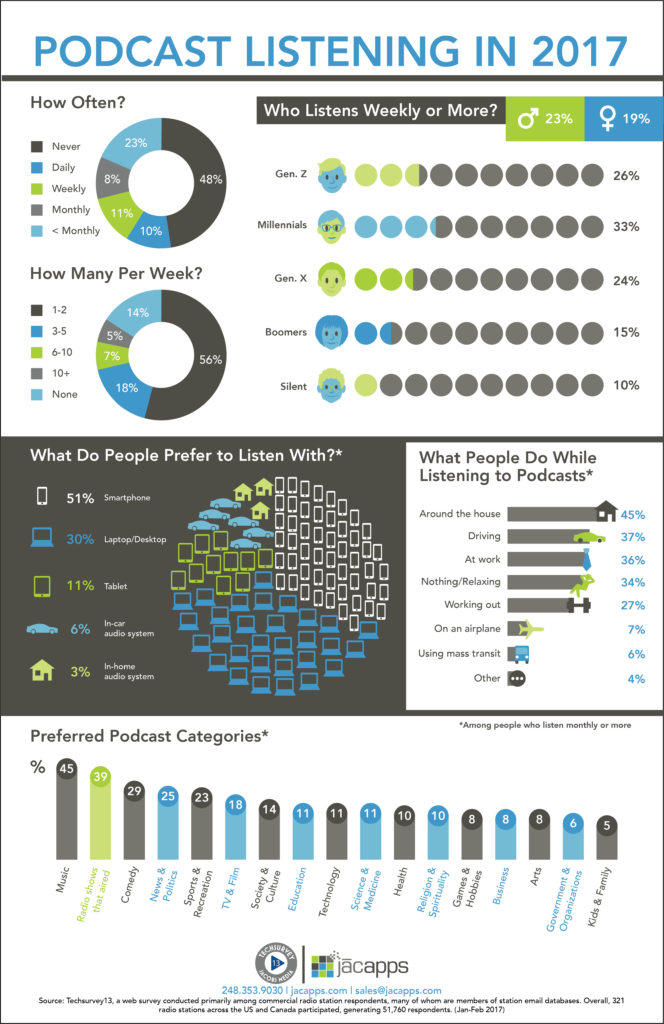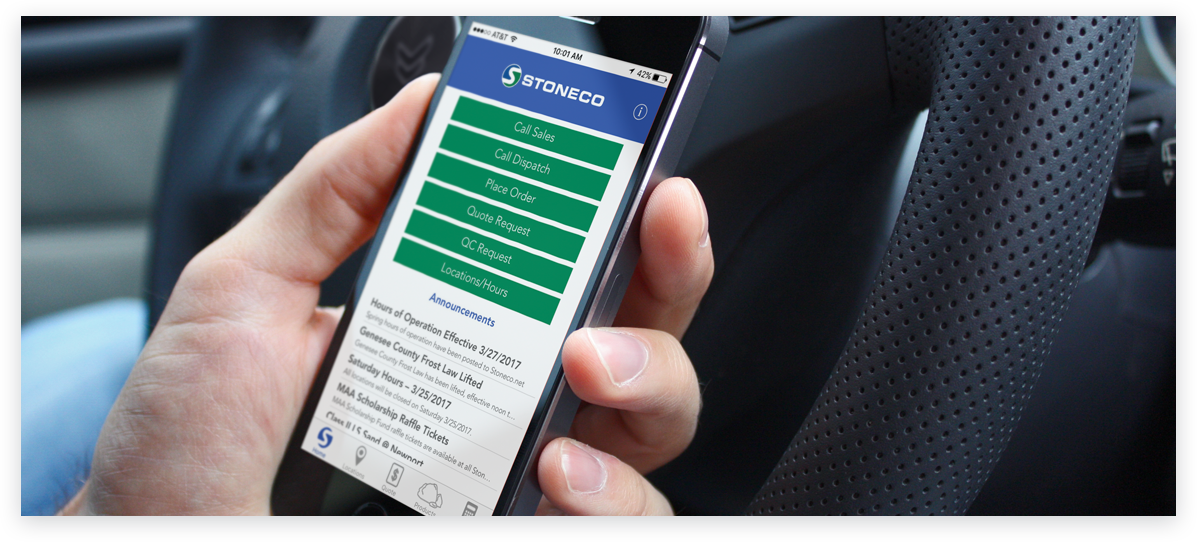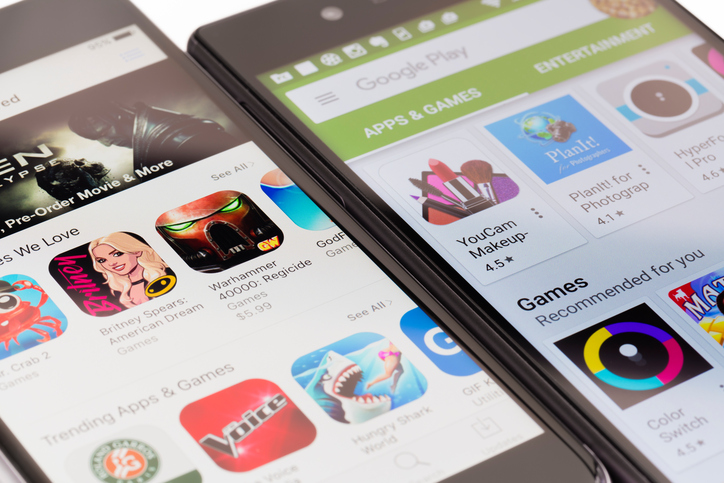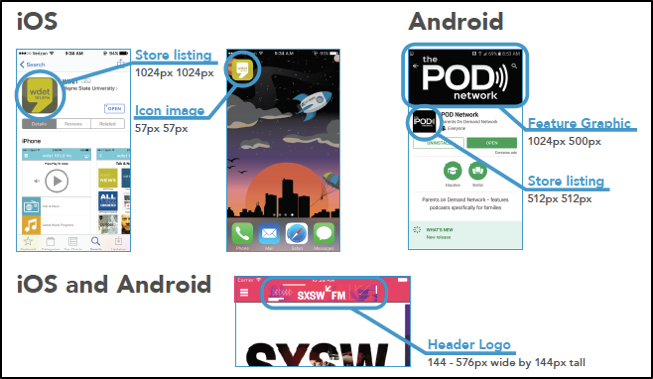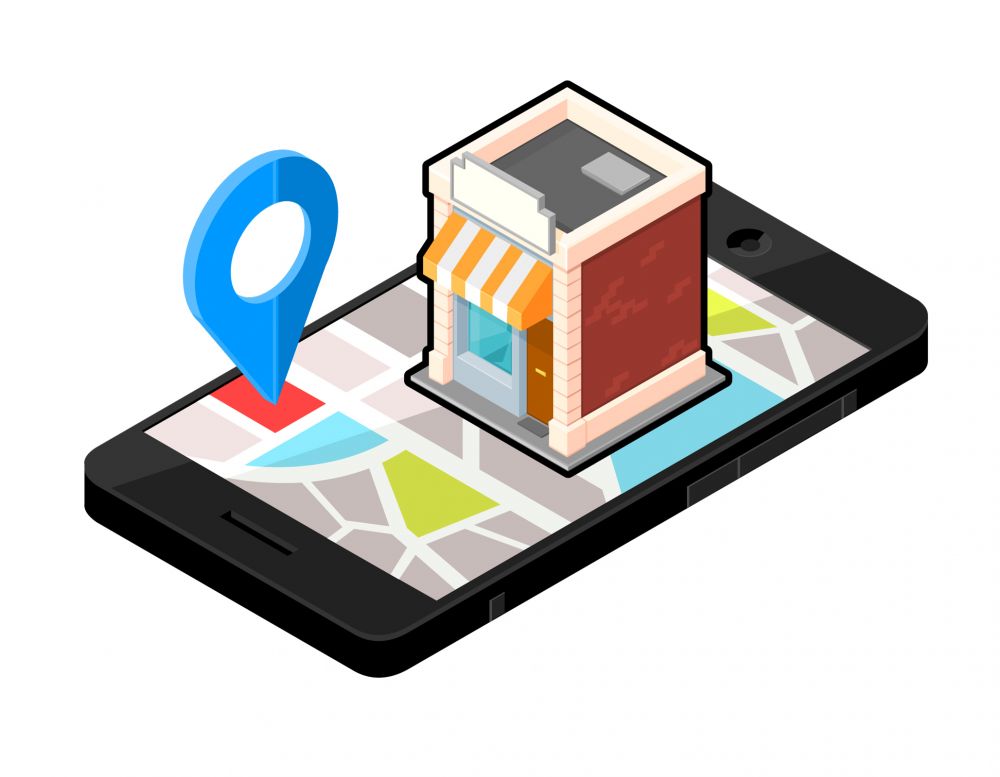As we approach the end of the year, we want to express our appreciation for our clients and their business in 2017. Many of our clients put their trust in us when we were a small upstart. With their support, we have been able to take that trust and invest it in people and new products in order to become a full-service software company. That investment has created tremendous growth as our team doubled in size and we added a variety of new capabilities. We could not have done that our amazing clients. Here is a brief overview of where we are and what the future holds:
- There was great interest in our App Everywhere® program as many of our clients added support for Apple CarPlay and Android Auto into their apps.
- We also added Alexa skills and are proud to have developed skills for close to 100 clients. If you saw our recent “smart speaker” study, it’s clear developing at-home presence will be a big deal next year,
- In 2018, the App Everywhere® program will grow as we add products for devices like Google Home, AppleTV and Roku.
- We’ll also be adding other new capabilities including push messaging and analytics.
All of these solutions are because our clients told us they needed them, and we really value the many ways in which they make us better.
2017 brought us a flurry of new mobile devices – the iPhone8, iPhoneX, the Galaxy S8 and Pixel 2, along with an upgraded iOS, and our platform was upgraded to handle this flawlessly. Our team is now focused on modernizing the platform to ensure it performs perfectly into the future.
In 2018, we hope to become more than just your mobile app developer. We are now providing web solutions and applications, and with the hiring of Research Director Jason Hollins, will roll out a package of research services, including usability, surveys, focus groups, and more.
We recently teamed up with our sister company, Jacobs Media Strategies, and Sonic Ai to conduct a national online study examining consumer interest in voice-controlled smart speakers such as the Amazon Echo and Google Home during the 2017 holiday season, take a look at our results here.
One thing we’ve learned after nine years in the mobile business is that it never sleeps, so we can’t either. Stay tuned as our products grow and evolve, and you should always feel free to call us to discuss any element of your digital strategy, share ideas or needs you may have, or just talk about the mobile space.
On behalf of our wonderful jācapps team, we wish you health and happiness in the coming new year! Reach out to us at 248-353-9030 or marketing@jacapps.com to learn more.


